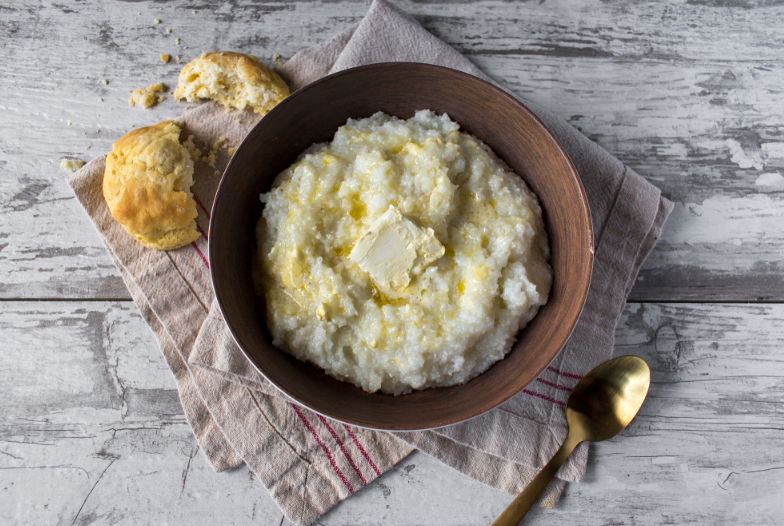Grits, a beloved Southern staple, have made their way into kitchens across the nation. While they’re known for their comforting taste and versatility, one question often arises in the context of healthy eating: “is grits healthy?” In this comprehensive exploration, we’ll delve into the nutritional aspects of grits, their role in low-carb diets, and what this means for your health. Our insights are drawn from SugarMDs.
Understanding Grits and Their Nutritional Profile
Before we assess whether grits are compatible with a low-carb diet, let’s take a closer look at their nutritional composition. Grits are made from ground, dried corn, which naturally contains carbohydrates. A typical serving of grits contains carbohydrates, dietary fiber, protein, and minimal fat.
The Low-Carb Lifestyle
A low-carb diet is characterized by reduced carbohydrate intake, typically ranging from 20 to 100 grams of carbohydrates per day. The primary goal of a low-carb diet is to encourage the body to burn fat for energy rather than relying on carbohydrates. This approach has been associated with weight loss, improved blood sugar control, and better overall health.
Grits and Carbohydrates
One of the central considerations when assessing whether grits are suitable for a low-carb diet is their carbohydrate content. A single cup of cooked grits can contain around 30-40 grams of carbohydrates, depending on the type and preparation method. This substantial carbohydrate load can be a concern for individuals aiming to restrict their carb intake.
Portion Control and Moderation
While grits may be relatively high in carbohydrates, moderation is the key. It’s possible to include small portions of grits in a low-carb diet without exceeding daily carbohydrate limits. However, it’s essential to balance grits with other low-carb foods, such as vegetables, lean proteins, and healthy fats, to create a balanced meal.
Low-Carb Alternatives to Grits
For those committed to a low-carb lifestyle, there are alternatives to traditional grits. Consider experimenting with cauliflower grits, made from cauliflower rice, which is significantly lower in carbohydrates. Other options include almond flour or coconut flour-based “faux grits” that mimic the texture of traditional grits without the high carb content.
Conclusion:
In conclusion, the suitability of grits for a low-carb diet depends on individual preferences, dietary goals, and portion control. While grits are relatively high in carbohydrates, they can be enjoyed in moderation by those who carefully manage their carb intake. It’s essential to balance grits with other low-carb foods and explore alternative options for those seeking to minimize their carb consumption.
Ultimately, whether grits are considered healthy on a low-carb diet depends on how they fit into your overall dietary plan and health objectives.
You may also like
-
The Best Shilajit Brands: A Complete Guide to Quality, Purity & Performance
-
Unlocking Nature’s Secret: The Best Place to Buy Shilajit
-
Unlocking Nature’s Ancient Secret Power of Himalayan Fresh Shilajit
-
Breast Augmentation in Dubai: A Journey Toward Confidence and Contour
-
How to Start a PCD Pharma Franchise in India

